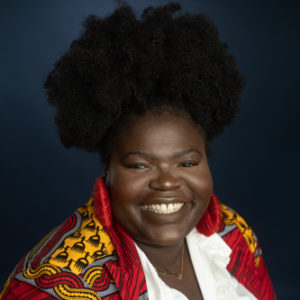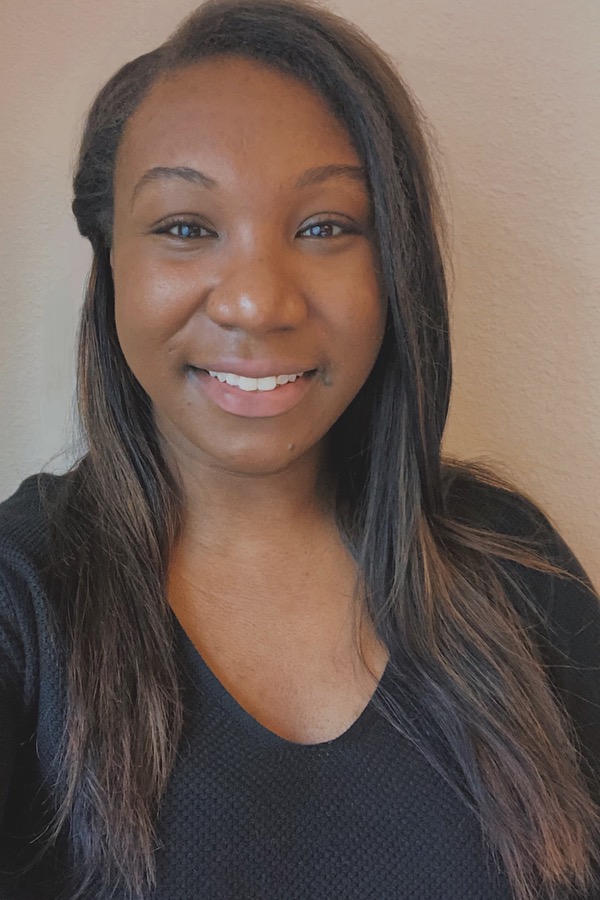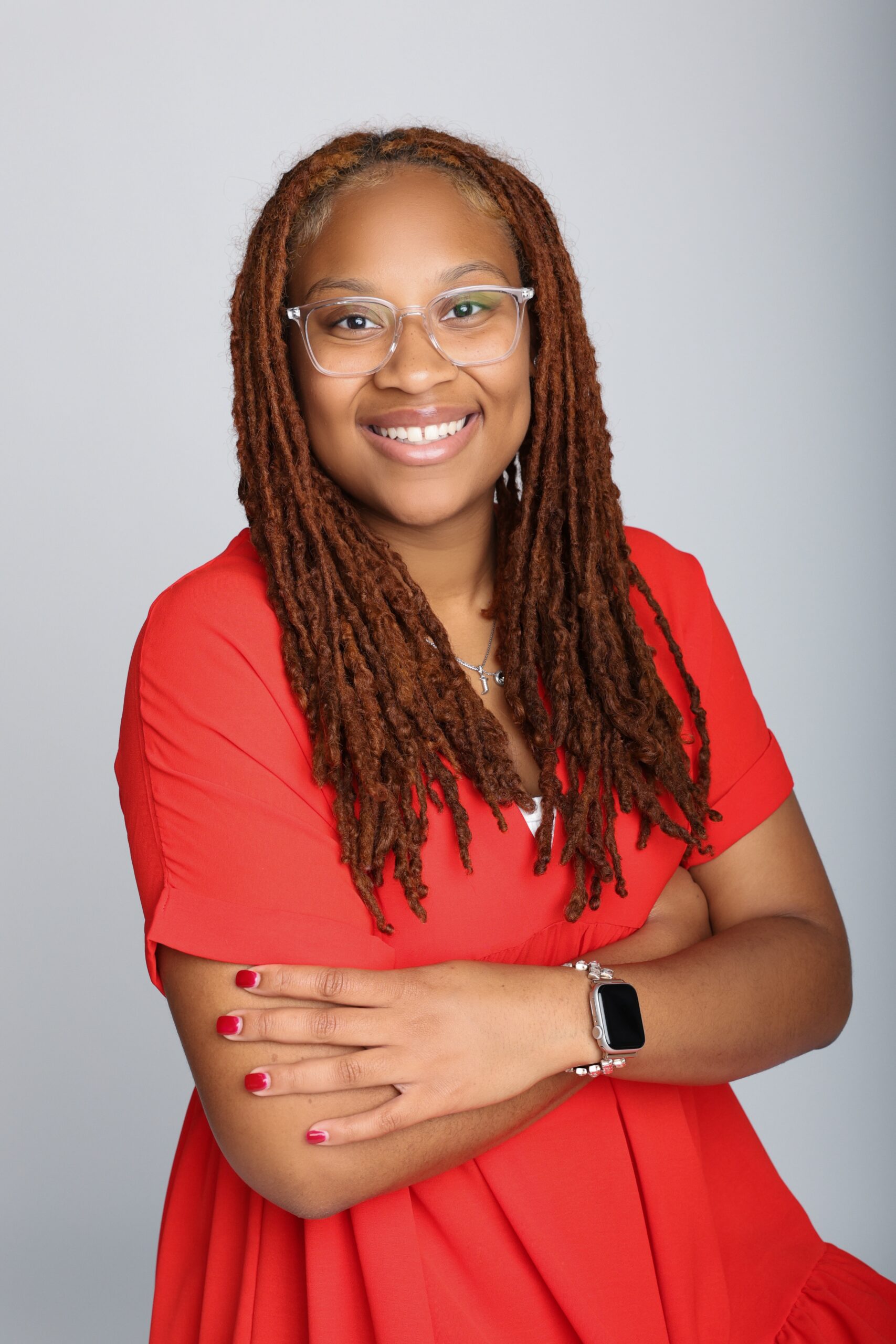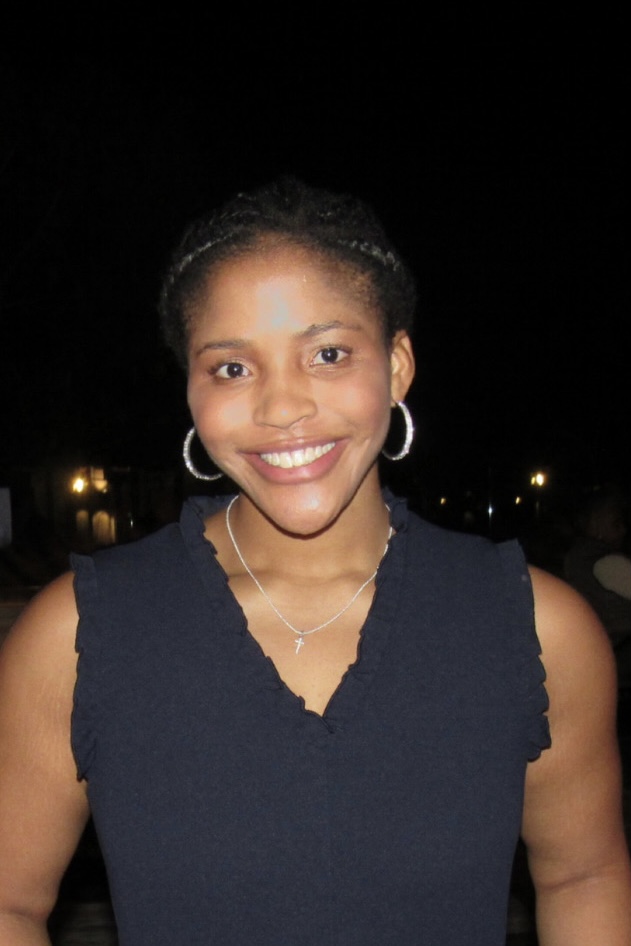Overview
The CCC prioritizes transformation through training and education, treatment and healing, and service and outreach emphasizing liberation, empowerment, and evidence to address identity-based adverse experiences. Herein, we train clinicians to provide specialized care to disenfranchised communities under the supervision of informed leaders/clinicians.
It is the mission of the Collective Care Center to be a premier clinic in the area of evidence-based identity-based responsive treatment of socioemotional distress through both therapy and assessment. Additionally, we endeavor to engage in community education and comprehensive clinical training on identity-based adversity.

The CCC annually provides clinical services (therapy and assessment) to ~100 individuals navigating identity-based adversity and has trained 1,000 clinicians to do the same, nationally and internationally.
Therapy/Assessment Services
The CCC provides accessible individual, family, and group therapy which prioritizes identity development through affirmation, exploration, and coping. Individuals from various backgrounds experience emotional distress due to consistent exposure to systemic issues. This exposure can lead to feelings such as sadness, anxiety, worry, anger, frustration, and hopelessness. Additionally, the aforenoted individuals can become stressed and worried because they feel that they cannot control or respond to identity-based adversity in ways that feel helpful to them and will keep them and the people they care about safe. The experience of these feelings can contribute to difficulties in relationships with friends and families, challenges on the job, and a general lack of mental wellness.
Identity-Based Adversity
Here at the Collective Care Center (CCC) we believe that those navigating identity-based adversity can experience a reduction in the negative effects of these challenges through three main steps: (1) developing their identity, (2) processing experiences of racial identity-based adversity, and (3) building and practicing skills for future challenging events. The CCC offers services across the lifespan including individual, family, and group therapy as well as identity-based psychological assessment.
Community Engagement, Partnerships, and Education
The Collective Care Center is committed to increasing access to information concerning: (1) Defining Identity-based adverse experiences, (2) Understanding the Impact of Identity-based adverse experiences, (3) How to get help for Identity-based adverse experiences, and (4) How to help others get help for Identity-based adverse experiences.
In addition to the CCC’s in-house clinic at Spalding University, the CCC provides informed identity-based responsive treatment and assessment services at satellite sites throughout the city of Louisville including university/college settings, community-facing centers dedicated to communities facing a lack of resources, as well as centers that prioritize communal healing.
The CCC has conducted a number of local, national, and international presentations that equip mental health networks and other organizations with the knowledge and skill needed to reduce the impact of identity-based adverse experiences.
Director, Collective Care Center
Lucille Gardner, PsyD

Dr. Gardner is an alumna of Rutgers University where she studied psychology and music. She earned a MS in Clinical Mental Health Counseling from Indiana State University, and a MA and PsyD in Clinical Psychology from Spalding University. She completed her internship at the University of Illinois at Chicago and her postdoctoral fellowship within Student Wellness at The University of Chicago. Dr. Gardner is an integrationist. She believes in the nature of collective healing and the value of being grounded in both identity and community. Thus, her approach to therapy (thinking about, teaching about, and doing) is collaborative, contextually informed, safety-informed, liberatory, and affirmative. She seeks to center those disadvantaged by systems that have far long deferred fault. Dr. Gardner works to reconcile the relationship between evidence and practice for the disenfranchised as she establishes her place in the field of psychology through clinical work, leadership, and in the classroom.
CCC Student Clinicians
Janaya Simmons

Janaya is a third-year graduate student in the clinical psychology doctoral program at Spalding University. Originally from Atlanta, Georgia, she is striving to become a psychologist to help address the unique mental health needs of athletes. Janaya is looking forward to learning from and connecting with community members. She aims to bring her warm nature to help foster radical self-care and create a space where people feel safe to share authentically. In her spare time, Janaya enjoys playing volleyball, practicing yoga, solving jigsaw puzzles, and spending quality time with her friends and family.
Jayda Branch

I grew up in Louisville, Kentucky, and I aspire to become a clinical psychologist to provide essential resources and care to marginalized communities—particularly the Black community that I am proud to be part of. Witnessing the disparities caused by limited access to information and services has motivated me to help bridge that gap by offering accessible mental healthcare and education to underserved populations.
I am excited to build meaningful connections and create a safe, supportive environment for my future clients. I also look forward to discovering my theoretical orientation and learning how I can best show up in therapy. In my free time, I enjoy spending time with my family, playing volleyball and tennis, skating, and listening to music. A fun fact about me is that I am a retired collegiate athlete!
Bailee Hughes

I grew up in Lexington, Kentucky and I have known I wanted to be a forensic psychologist from a very young age. I want to be a psychologist because I am passionate about advocacy, mental health, and working with marginalized communities—especially the Black community. I particularly want to work within the criminal legal system as a Forensic Psychologist to help those with marginalized identities in a system where they are overrepresented and there are few people who look like them advocating for them. Mental health is stigmatized within communities of color, and I want to work to change that through research, clinical work, and advocacy. I am most excited to contribute my knowledge and experience with those of marginalized identities and my passion for helping improve their quality of life in a way that each individual sees fit. I also look forward to contributing and receiving different perspectives and life experiences from others. In my free time, I enjoy being with family, traveling, watching sports, cheering on the Crimson Tide and Baltimore Ravens, working out, and doing yoga.

 Dr. Gardner is an alumna of Rutgers University where she studied psychology and music. She earned a MS in Clinical Mental Health Counseling from Indiana State University, and a MA and PsyD in Clinical Psychology from Spalding University. She completed her internship at the University of Illinois at Chicago and her postdoctoral fellowship within Student Wellness at The University of Chicago. Dr. Gardner is an integrationist. She believes in the nature of collective healing and the value of being grounded in both identity and community. Thus, her approach to therapy (thinking about, teaching about, and doing) is collaborative, contextually informed, safety-informed, liberatory, and affirmative. She seeks to center those disadvantaged by systems that have far long deferred fault. Dr. Gardner works to reconcile the relationship between evidence and practice for the disenfranchised as she establishes her place in the field of psychology through clinical work, leadership, and in the classroom.
Dr. Gardner is an alumna of Rutgers University where she studied psychology and music. She earned a MS in Clinical Mental Health Counseling from Indiana State University, and a MA and PsyD in Clinical Psychology from Spalding University. She completed her internship at the University of Illinois at Chicago and her postdoctoral fellowship within Student Wellness at The University of Chicago. Dr. Gardner is an integrationist. She believes in the nature of collective healing and the value of being grounded in both identity and community. Thus, her approach to therapy (thinking about, teaching about, and doing) is collaborative, contextually informed, safety-informed, liberatory, and affirmative. She seeks to center those disadvantaged by systems that have far long deferred fault. Dr. Gardner works to reconcile the relationship between evidence and practice for the disenfranchised as she establishes her place in the field of psychology through clinical work, leadership, and in the classroom. 


You must be logged in to post a comment.